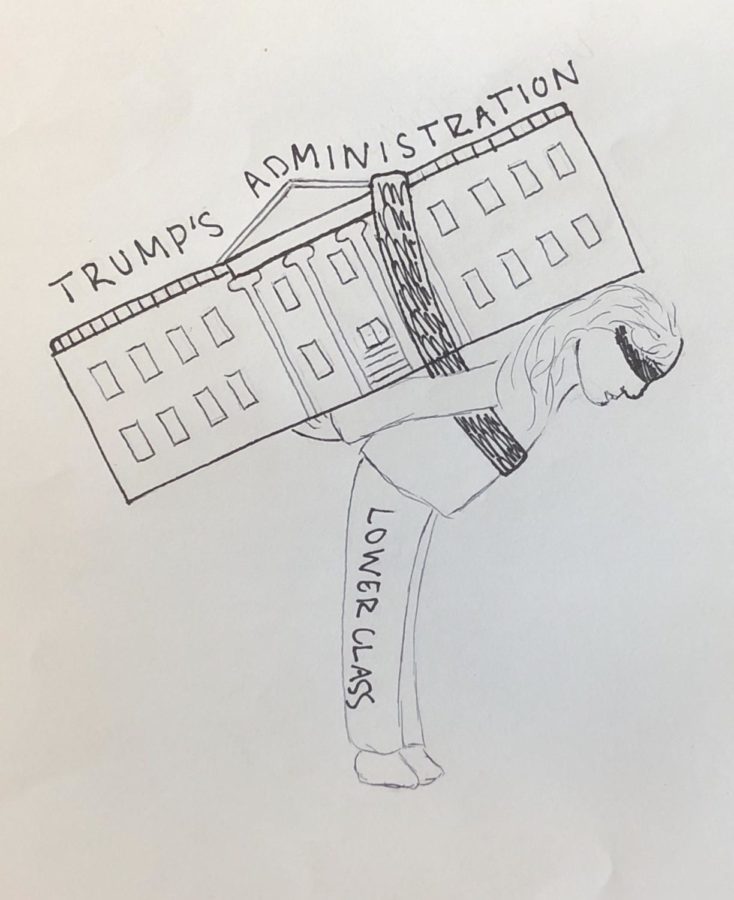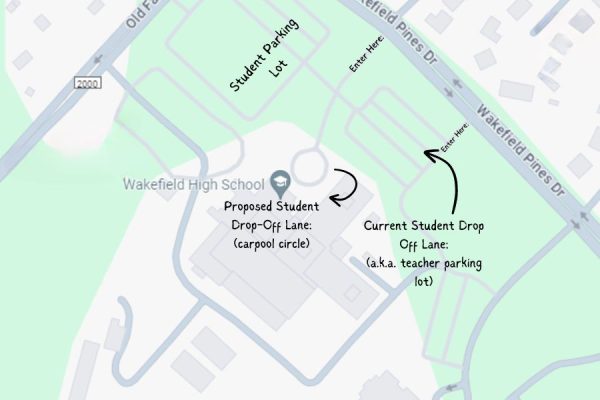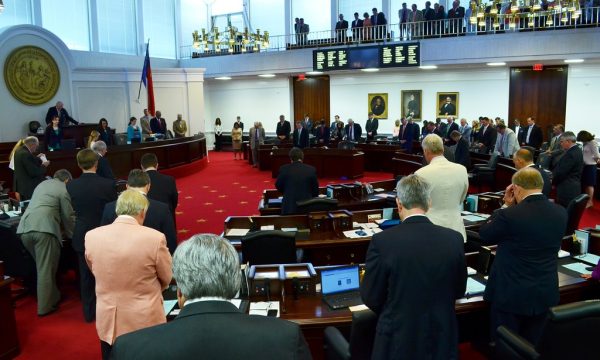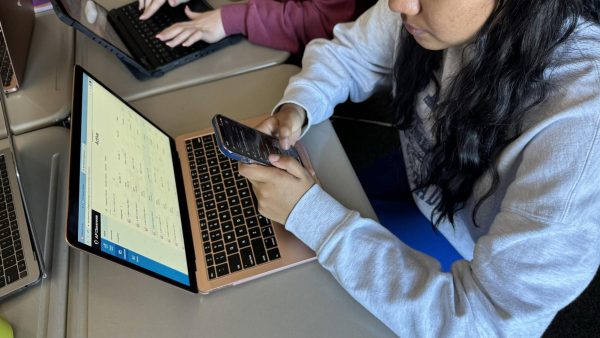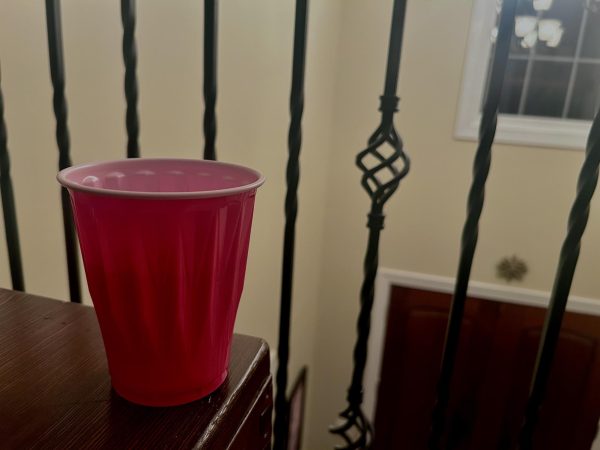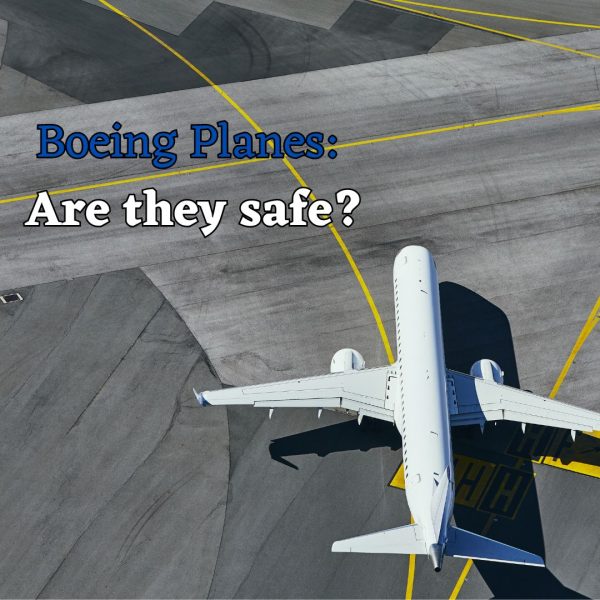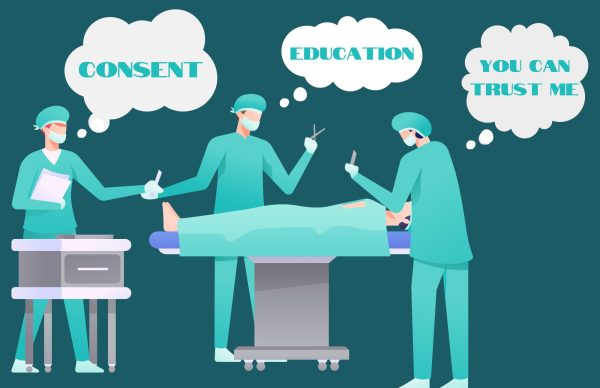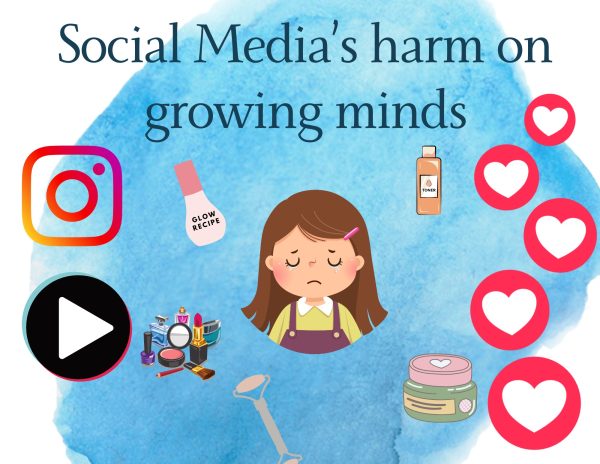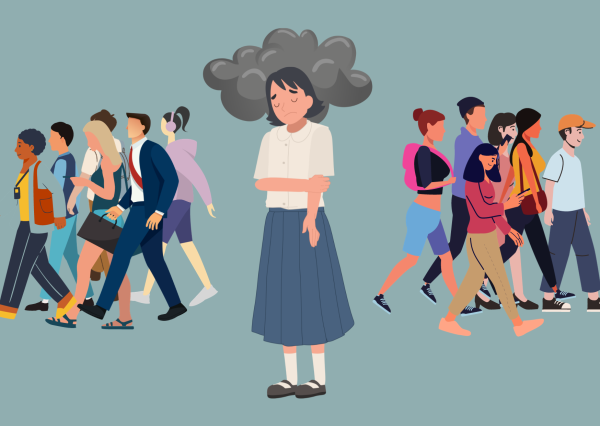Does Trump care about the lower class?
In order to combat economic inequality, those of us with privilege have to acknowledge the treatment of the lower class.
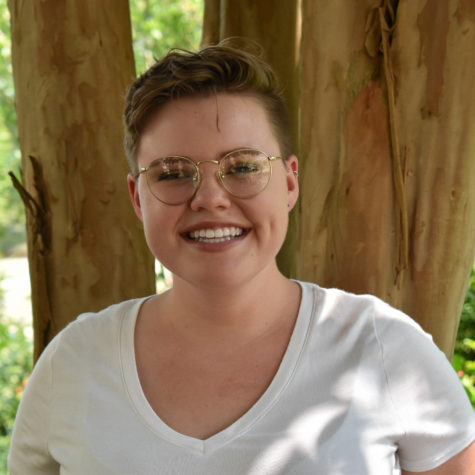
More stories from Abby Lee
America has long been heralded as the land of the free, and the land of opportunity. That’s what we’ve been told our whole lives. However, we grow up, and along the way, we learn that this isn’t necessarily the truth.
As a queer kid, I spend a lot of time thinking and writing about how oppression and prejudice affect me directly. While this is still something I deal with on a daily basis, I’m not the only one here that faces setbacks. I might experience mistreatment because of my sexuality, but I still have numerous privileges in this country. To ignore that would be to enable the system of economic inequality further.
I’m growing up sheltered, with many opportunities and experiences at my fingertips. I have never worried about whether or not my family will be able to have dinner. I have never had to sacrifice an opportunity for financial reasons. Not everyone is so lucky.
A report released by the United Nations confirms that there are 18.5 million Americans living in extreme poverty. Extreme poverty is defined by the World Bank as living on only $1.25 per day. For context, 18.5 million people is more than the population of all of North and South Carolina combined.
While reading those numbers, you would conclude that the president of the United States must be doing something to aid the millions of impoverished citizens across the country. That should be the case, right? Wrong.
Our country’s current president neglects most things that don’t directly impact himself or his supporters, namely civil rights. It wouldn’t be presumptuous to say that Trump ignores the lives of minorities or anyone he deems beneath him. The recent treatment of immigrants at our country’s border is one example, while the military ban on transgender people is another. One group that suffers from this mistreatment and ignorance is the lower class, but they seem to suffer in silence. Trump’s idyllic society would involve the rich getting richer while the poor get poorer, and that’s exactly what’s happening in America.
Trump’s idyllic society would involve the rich getting richer while the poor get poorer, and that’s exactly what’s happening in America.
Income inequality in the United States has been on the rise for years. The gap gets wider every day. As CNBC reported, “The top 1 percent of families took home an average of 26.3 times as much income as the bottom 99 percent in 2015.” The richest of the rich are making over a quarter more than the middle and lower class families of America.
According to USA Today, 42 million Americans cannot afford food. One of the US Government’s defenses against hunger is SNAP, or the Supplemental Nutrition Assistance Plan. In order for a citizen or household to receive food stamps through SNAP, their income must fall below a certain cutoff point, which is determined based on members of the household.
Trump and his administration would like to attach work requirements to food stamps. What this means is that they would essentially make sure that in order to receive federal aid against hunger, you would have to work a certain amount of hours (or engage in a certain amount of work-related training). This plan seems innocent at first glance, but in reality, it would be detrimental.
Consider this: If a parent cannot ― or in the rare case that they can but choose not to ― get a job, does that mean that the parent’s child or children deserve to go hungry?
New York Times journalist Matthew Desmond said it best in his compelling piece regarding poverty in America. He wrote, “‘Nobody who works should be poor,’ we say. That’s not good enough. Nobody in America should be poor, period.”
Not only do those with financial privilege need to acknowledge this, but also talk about it. If these policies fall into place, Trump will solidify that he doesn’t care about the impoverished people of our country. If the one person who is supposed to protect and stand up for the people turns his back to them, then that leaves us to find a better solution for the future.



